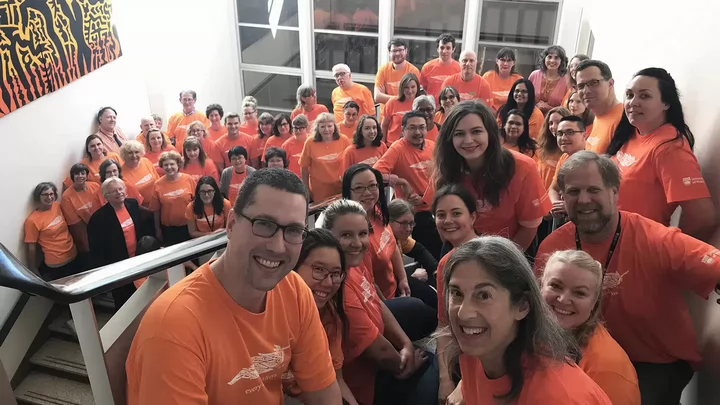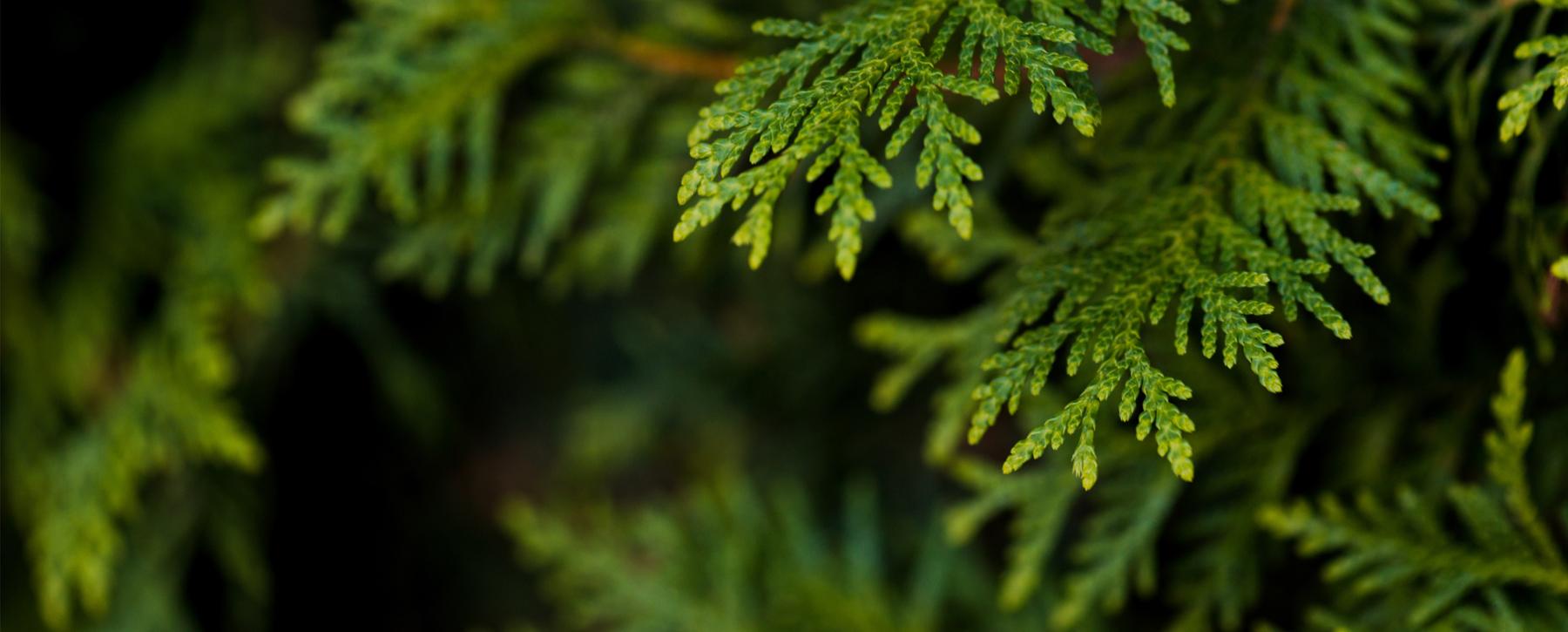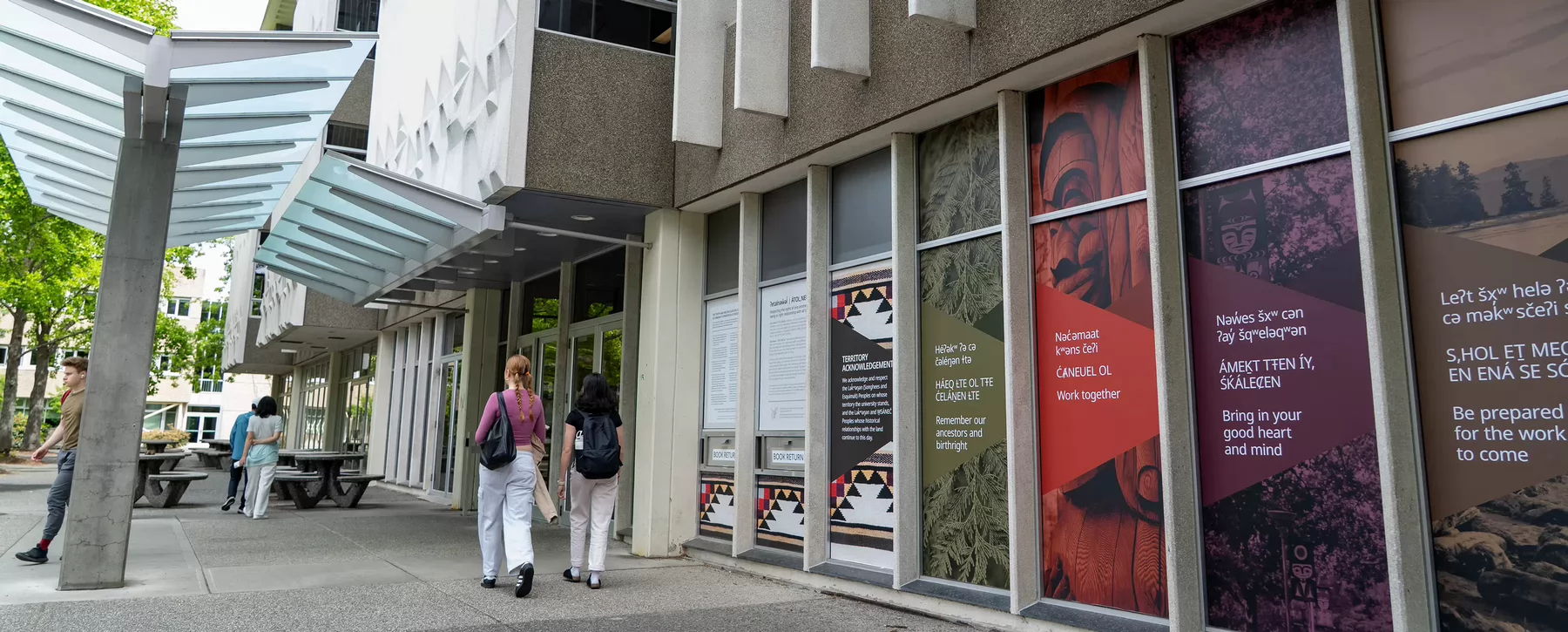Indigenous Hub
Welcome! We are glad you are here.
Our team here at UVic Libraries has created this hub to provide information pathways to help your learning journey. Some of these pathways will lead you to new destinations, and others will remind you of steps already taken. Together, the information is intended to help advance truth, reconciliation, and the establishment of respectful relationships.
The materials and information presented here comes from a wide range of sources. We have centered locally relevant information wherever possible, doing so with the belief that understanding the peoples, histories, and rights of Lək̓ʷəŋən and W̱SÁNEĆ peoples surrounding the University of Victoria is important and necessary.
Many resources are authored by Indigenous peoples. Some materials are not. Combined, our efforts focused on providing broad pathways to help understand the past, present, and future.
If you have questions or need assistance navigating the resources, librarians and archivists are here to assist you. You can contact us by email or book an appointment.
Our work and this page are always in progress. We welcome your feedback.
Curated resources
ITOTELNEW̱TEL ȽTE: Learning from one another
We are working to redefine what knowledge keeping and knowledge sharing mean in an equitable, community-based model. Here, we surface pathways to knowledge sources that are otherwise difficult to find through traditional colonial structures.
Nations, governance & laws
This section takes a local focus, curating resources on:
- Coast Salish, Nuu-chah-nulth, and Kwakwa̱ka̱ʼwakw Nations
- legal orders
- data sovereignty
- intellectual property
Oral histories & colonial records
Primary historical information, including:
- Indigenous oral histories and interviews
- colonial records
- archival collections
- maps
- newspapers
Crown-Indigenous Relations
Legal and government documents, including:
- case law
- commissions, inquiries, and inquests
- treaties and agreements
- Royal Proclamation, Indian Act, and Constitution Act
Languages
Language revitalization and linguistic resources.
Art & literature
Indigenous artists, creators, and repatriation.
Research methods
Indigenous research methods and ethics.
Human rights
Commissions, tribunals, and the United Nations Declaration on the Rights of Indigenous Peoples (UNDRIP)
Media & communications
Indigenous-created works, including films and news.
Specific topics
Who we are
We are information professionals, archivists, activists, artists, and scientists working to uplift each other through our work. We are committed to facilitating the creation of new knowledge through learning and research.
We have brought very different skills and connections to this work. We are all learning as we go. Do you have anything to share with us?

Our team
- The Decolonizing Spaces Working Group strives to decolonize the libraries physical and virtual spaces through rights-based and community-informed perspectives.
- Ry Moran is the Associate University Librarian, Reconciliation
- Jessie Lampreau is the Indigenous Initiatives Librarian
- Read more about decolonization projects across the Libraries
Actions, aspirations & responsibilities
The foundation we create with the work and relationships we build today will inform what work is possible in the future. Grounding ourselves in the future helps us to prioritize work that will persist and continue to transform over time.

Territory acknowledgement
We acknowledge and respect the Lək̓ʷəŋən (Songhees and Xʷsepsəm/Esquimalt) Peoples on whose territory the university stands, and the Lək̓ʷəŋən and W̱SÁNEĆ Peoples whose historical relationships with the land continue to this day.

